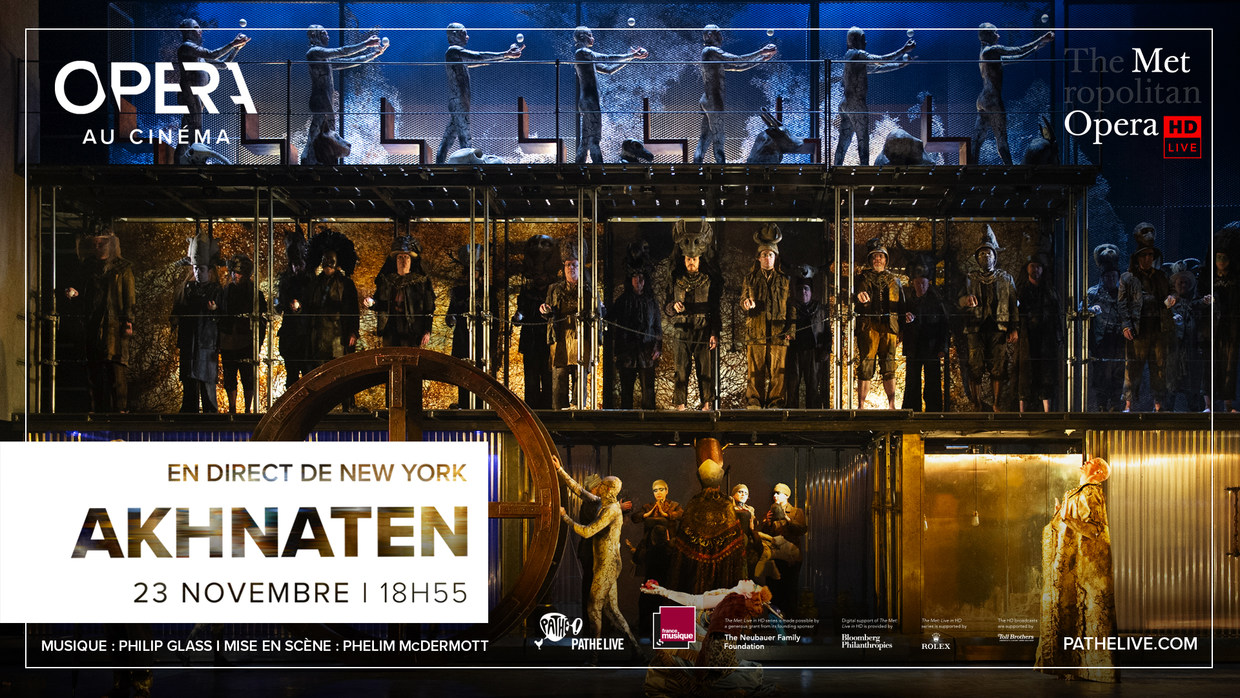

Phillip Glass’s great body of work over a 55-year career has been fundamentally attached to the theater. We may find a whole generation waiting, young and dazzled, ready to lead us to the mountaintop. Looking back, it is possible to see a way forward. In the spirit of change, I have turned back to the Phillip Glass-composed opera, Akhnaten, and its 2019 performance at the met.

What will theater look like when we return? What do we want it to look like? No matter how we feel, it certainly won’t look the same (even the commercial theater seems poised to change see, amongst everything, the WSYWAT page). Where the American avant-garde existed, it was in music and painting, in the works of John Cage, Robert Rauschenberg, Jasper Johns, Mark Rothko, etc. The United States, which never truly had an avant-garde, whose Puritan mistrust of the theater has deprived theater artists and the people of this country with any nationally supported (therefore more easily experimental) theater, saw some of these experiments reach our shores but by and large the nature of American theater is commercial and conservative. We may remember the names Peter Brook, Jerzy Grotowski, Ariane Mnouchkine, Tadashi Suzuki. Concerned with the schizophrenia of the day, theater practitioners around the 1960s began to experiment with a ritualistic theater, that abandoned realism for a more religious experience: the new religion, humanistic, secular, and inclusive. Mired in material concerns, spiritual life is left inaccessible or, when practiced, lacking the mystery that helped to integrate the mind and body of antecedent man. Long gone are those grand rituals that inspire in us an awe for the unknown, that serve to reintegrate mankind with its nature.


 0 kommentar(er)
0 kommentar(er)
